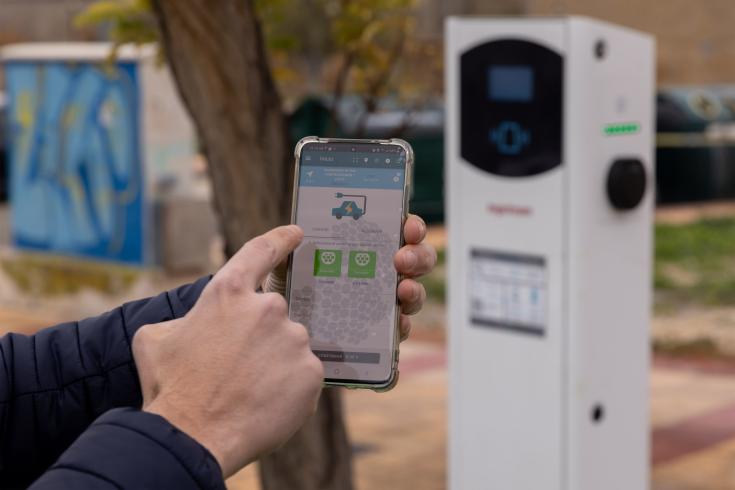Introducing the Interreg Europe ZCI Project
Through the EU Green deal, the EU set ambitious targets to decarbonise transport.
European Environmental Agency (EEA) estimated that road transport constitutes the highest
proportion of overall transport emissions (in 2019 it emitted 72% of all domestic and
international transport GHG) and 23% of the EU’s transport greenhouse gas emissions come
from urban areas.
In March 2023, started the implementation of Zero Carbon Infrastructure (ZCI) project
financed by Interreg Europe programme. The four year project sets ambitious goal to support
8 cities and regions across Europe in their efforts to develop and impose green transport and
zero carbon infrastructure on their territories.
To achieve that goal 8 partners - led by the County administrative board of Kronoberg
(Sweden) and with the help of the Erasmus Centre for Urban, Port and Transport Economics
(The Netherlands) - will cooperate, search and test practical solutions to overcome the
challenges they are facing:
- Private (electric) vehicles: charging infrastructure – barriers and solutions;
- Sustainable urban logistics;
- The business model of sustainable urban mobility - incentives that build customer demand
for decarbonised transport solutions;
- Transition to zero carbon mobility: public acceptance and communication.
Project activities will support public organisation to:
- Identify and share good practices to address the key problems;
- Build capacity of 8 public authorities through training and knowledge-transfer;
- Improve 8 relevant policy instruments to provide the necessary infrastructure and create
market confidence.
The four-year ZCI project has a total budget of € 2 085 629, 00 with € €1 650 049, 20
provided by the European Regional Development Fund (ERDF).
The ZCI project consortium consists of 8 project partners and 1 advisory partner from 9
different European countries:
1) County administrative board of Kronoberg, Sweden - Lead Partner
2) Kainuu Regional Council, Finland
3) Business support centre L.t.d., Kranj, Slovenia
4) Burgas Municipality, Bulgaria
5) Navarra Government – General Directorate on Industry, Energy and Strategic
Projects, Spain
6) Cork City Council, Ireland
7) City of Mechelen, Belgium
8) City of Parma, Italy
9) Erasmus Centre for Urban, Port and Transport Economics BV, Netherlands

